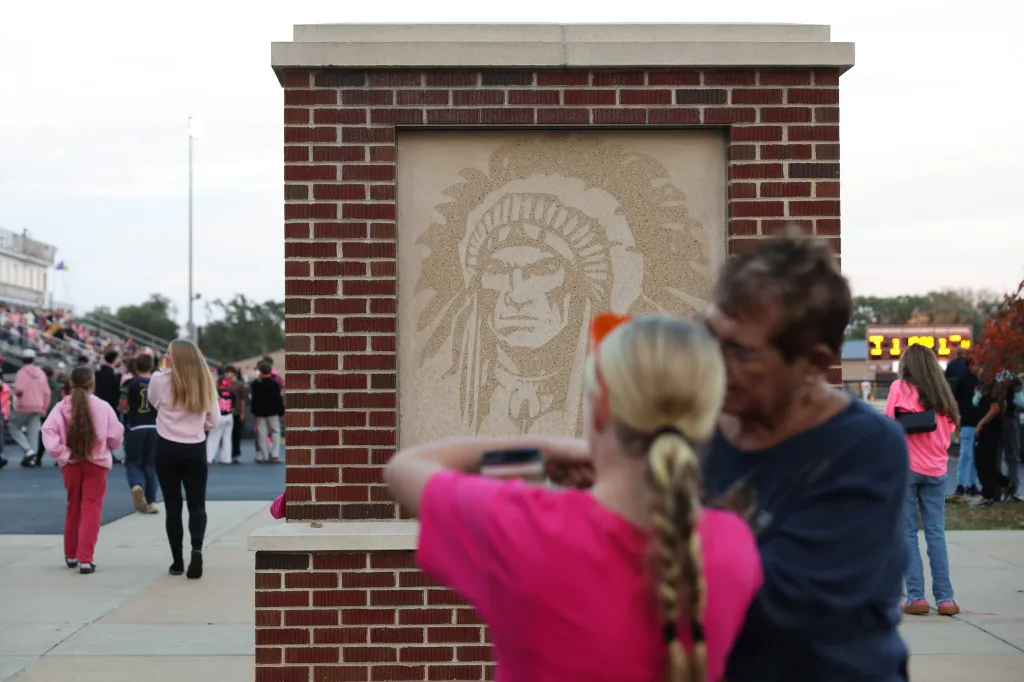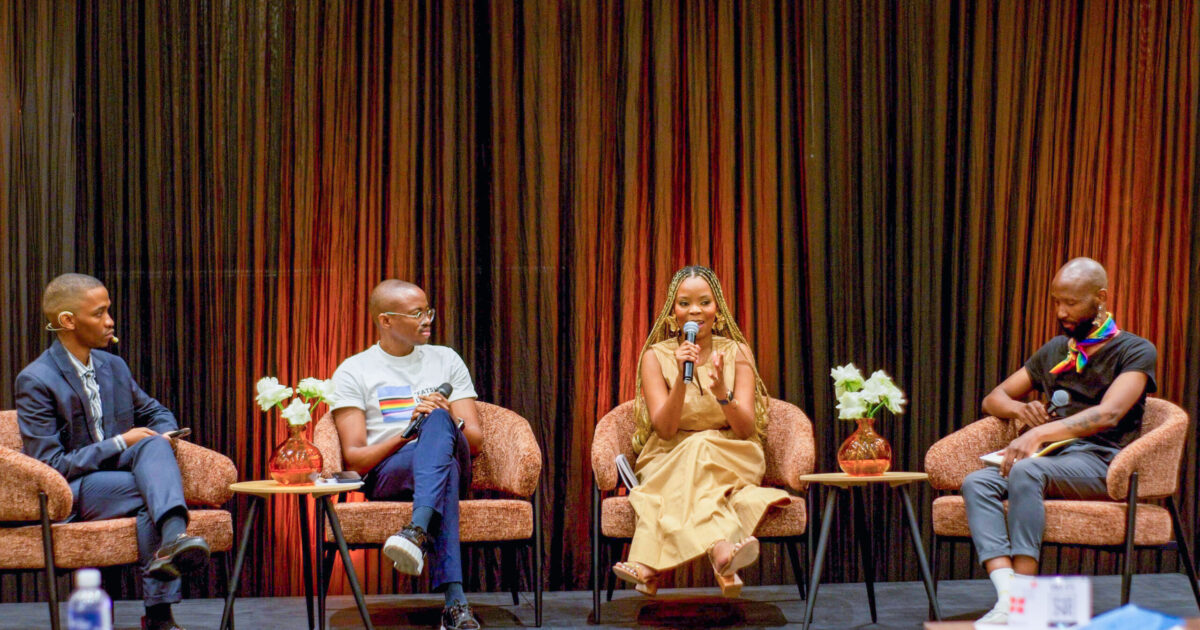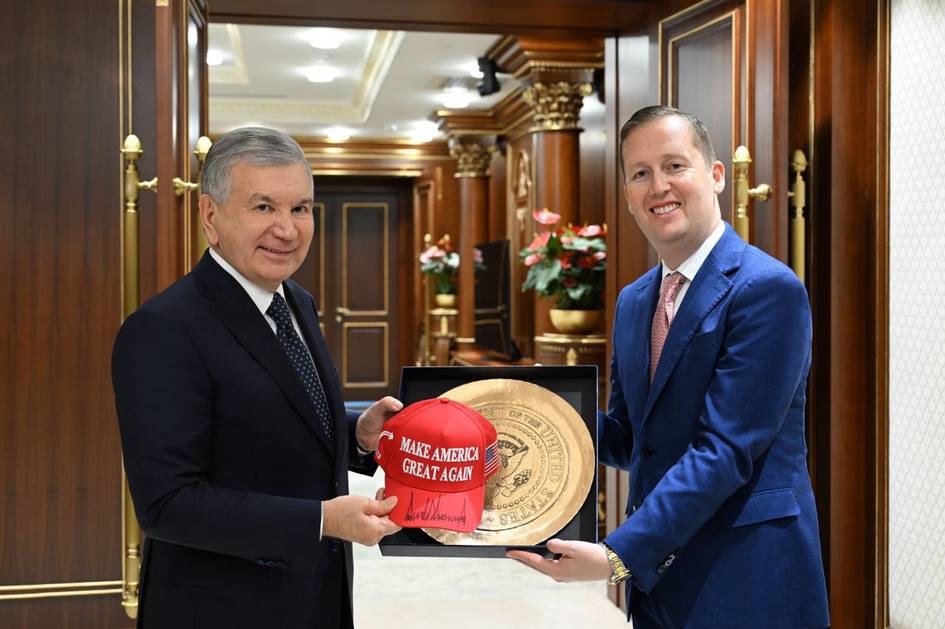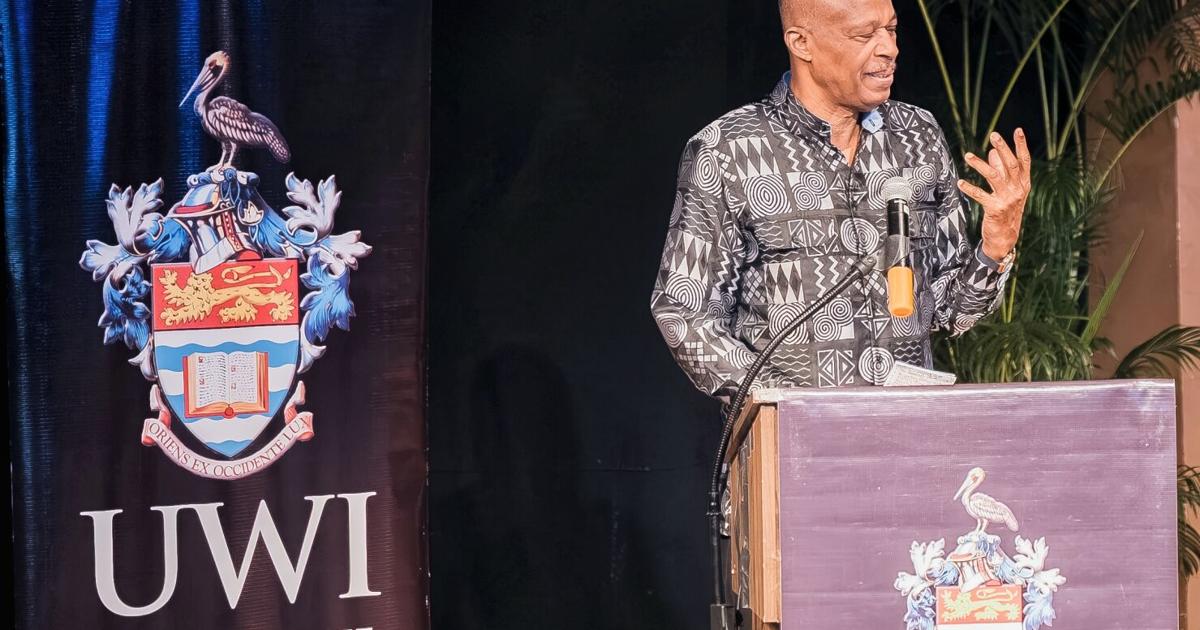Copyright Chicago Tribune

Anyone can be a Tiger, or a Bulldog, or an Eagle. It takes a special someone to be a proud Cog. Or a mighty Pretzel. When I was in high school, about this time of year, whenever my school was in the postseason, I was a Titan. In hindsight, that mascot was a lost opportunity. The school (Toll Gate) took its name from its location on an old New England toll road. We could have had a more inventive ambassador, we could have been the Fighting Toll Attendants. Or even Speed Bumps. Had we known, we might have turned to Illinois, which, for better and worse, has been a pioneering incubator of questionable high school nicknames for at least a century. The Centralia Orphans. The Hoopeston Cornjerkers. The Elk Grove Grenadiers. The Monticello Sages. The Polo Marcos. The Morton Potters. The Cobden Appleknockers. The Fisher Bunnies. The Teutopolis Wooden Shoes. The Plano Reapers. The Genoa-Kingston Cogs. The New Berlin Pretzels. Not to be confused with the Freeport Pretzels. And yet a high school nickname is nearly nonnegotiable cultural currency, the worn-out, fusty old living-room curtains that a school district will not replace, thank you very much. We know this because, right now, as playoff football games unfold across the state, two prospective bills are resurfacing in Springfield that insist the tiny southern Illinois village of Freeburg, and many other Illinois schools, rethink their problematic nicknames and mascots. House Bill 3527 would ban any Illinois public school from using a nickname discriminatory to people with disabilities — impacting affecting only Freeburg Community High School, which is about 20 miles from St. Louis and home of the Freeburg Midgets. House Bill 1237 will sound more familiar: It restricts any Illinois public school from using a Native American name, logo or mascot. A spin through the exhaustive online database MascotDB.com brings up scores of teams with Native American-related nicknames that still play in Illinois every weekend. After stalling in spring, the legislation enters an autumn veto session, tasked with unfinished business. Rep. Maurice West (D-Rockford), co-sponsor of both bills, which cover only elementary and high schools, knows their chances look iffy but says it’s a two-year legislative cycle; they have until 2027. The problem is, a school nickname, more often than not, is like a lifetime appointment. “My first death threat I ever got as a legislator was after I filed that first mascot bill,” West said. “You hear, ‘If I see you crossing the street, I promise to forget how to use my brakes.’ My goodness — over a mascot! You are coming for their traditions, they say. Tradition is always the main argument. Finances too — how much it will cost to get new uniforms and so on. But the energy, and anger, in these conversations is about history.” That’s true for both sides of this issue. The Native American bill began in Rockton, Ill., after a group of students, embarrassed by Hononegah Community High School’s long history of having a cheerleading Native American caricature, approached West for a solution. That bill then attracted Shelby Holloway, co-director of Mascots Matter. She proposed an additional bill. Her group was founded last year with the mission to retire the five high-school “Midget” nicknames still active in five states — the word itself being a slur referring to people with dwarfism. “To put it simply, using ‘Midget’ as a mascot tells society it’s acceptable to call an individual with dwarfism that,” Holloway said. “The word comes out of the freak show era, when little people were put on display, and a lot of these uses (by high school teams) date back to then, to when the term was socially acceptable. But look, we wouldn’t be having this conversation if these schools made any other physical disability a mascot.” So far, so good: Earlier this year, a pressure campaign from Mascots Matter led to Dickinson High School in North Dakota becoming the Mavericks. Still, of all the places contacted, Holloway said, “Freeburg, Illinois, is the most dug-in.” Last spring, opposing West’s bill in the House, Rep. Kevin Schmidt, who represents the village, said on the floor that this was a “local issue,” and to anyone outside Freeburg: “You don’t understand the community, you don’t understand the history. It’s our culture.” Which is essentially the argument that President Donald Trump has used lately when threatening, though it is unclear how, to restore the NFL’s Washington Commanders to the Redskins: Nicknames represent history, nicknames represent loyalty, players change and times change. But never ever a nickname. Left unsaid in these arguments are the vast possibilities for a new nickname. Nearly every high school nickname in Illinois, and across the country, is a product of a local history. Your nickname, blandly innocuous or a 300-year-old derogatory insult toward indigenous people, is not special. More than 30 schools in Illinois currently claim Native American-related nicknames. There are also 36 schools that are Eagles, 29 that are Bulldogs and 29 that are Tigers. Yawn. More clever options are out there. Local lore is the reason that Centralia High School students remain Orphans: “The name was really taken as the opposite of insulting,” said Bruce Firchau, chairman of the Basketball Museum of Illinois, which is opening a 7,300-square-foot home in Bedford Park in May. “It came about as we were coming out of the Great Depression. The coach was Arthur Trout, an iconic name in basketball and a heck of a teacher, and the community he was in was so poor their warmup outfits were just worn and old and someone made reference to ‘Old Man Trout and his Orphans,’ and so, since they did need new uniforms, they owned the name and it stuck.” Another version of the origin involves Trout’s affinity for the silent classic “Orphans of the Storm.” Since nicknames don’t tend to seem worthy of veneration at their inception, the more you ask about a nickname’s origins, the more stories you hear. “The Freeport Pretzels — OK, that probably has to do with (the community’s) German heritage,” Firchau said. “But then you have the New Berlin Pretzels. I’ve looked into them myself: Their varsity players were tossing pretzels at each other, so they became ‘Flying Pretzels.’” Heritage and lore are often behind nicknames: Outside Champaign, the Bunnies of Fisher Jr./Sr. High School took their name from a century-old tradition, when players carried rabbit-feet. The DeKalb Barbs nod to DeKalb as the origin of barbed wire. In Brighton, Southwestern High School — honoring the area’s Native background without making a whole group of people a caricature — are Piasa Birds, a reference to the mythical creatures found painted into cliffs on the nearby Mississippi River. Some of the best Illinois nicknames play off a town’s industry: The Rochelle Hubs honor Rochelle’s history as a travel junction, where rail lines and several interstates converge. The Cornjerkers of Hoopeston — home of the National Sweetcorn Festival — is another example of a team turning an insult (here, against corn farmers) into a point of pride. There’s a similarly defiant streak about Farmington Farmers and Coal City Coalers. The Cogs of Genoa-Kingston High School, however, are not a reference to local industry but more practical — a nearly 80-year-old acronym for Community of Genoa Schools. Same goes for the Grey Ghosts of Illinois Valley Central High School, which likely has less to do with the supernatural than with its grey and maroon school colors. Some names are purely wordplay: The Hampshire High School Whip-Purs is a mash of its white and purple colors. And some names required linguistic gymnastics to create: The Lake Forest Academy Caxys, befitting a school founded in 1857, were an adaption of the ancient Greek for “ribbet;” the Caxys date to the early 1900s, when the students, enamored of “The Frogs,” Aristophanes’ play from 405 BC, would ribbet during games. Conversely, Elk Grove Grenadiers reference grenade-lobbing soldiers. Sounds odd, yet Illinois is also the home to Missiles, Rockets, Lancers, Commandoes and 22 Knights. But the Freeburg Midgets? The name has angered people for ages. But according to the school’s history, the word is “an affectionate and respectful label” and was first associated with the team because of a local sports writer during its 1934-35 basketball season, when the tallest player was only 5-foot-10. Bill that calls for banning Native American school team names, mascots passes Illinois House Dave Nanninga, a retired Illinois state trooper from the tiny village of Mineral (pop. 206), has been listening to stories of pride in school nicknames for two decades. In 2005, he created a remarkably thorough website, Illinois High School Glory Days, dedicated to memories of defunct schools, a digital shrine to formative years. His school, Annawan High School, on the west side of the state, is home to the Braves and Bravettes. “I can’t speak for everyone but I took the fighting spirit of our chief mascot to heart,” he said. “It disturbs me when I hear someone say it’s disrespectful. I saw it as honoring a Native American warrior.” Which is exactly the Chicago Blackhawks’ argument for retaining their name. (There is no legislation in the works that targets the nicknames of professional teams in Illinois.) Nanninga doesn’t think of “Brave” as derogatory. That said, he does see why Freeburg’s nickname could be offensive. Very little about high school nicknames makes sense. Why are the students at Chicago’s Whitney Young school the saltwater Dolphins? Why, as Nanninga said, would an Illinois school have a nickname Cobra, a non-native species? (That means you, Chicago’s Collins Academy, which is now home to the Warriors but keeps a cobra in its logo.) “So many memories get tied up in something as basic as a mascot,” he said. “Someone threatens to take it away, it can feel like someone wants your memories … of sitting in stands at a game when you were young. You know what I’ve heard from coaches? The hardest thing to kill in Illinois is a high school mascot. They may be right.” cborrelli@chicagotribune.com



